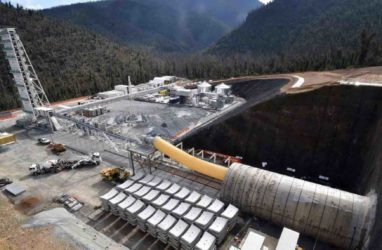In the quest for sustainable energy solutions, the limitations of current energy storage technologies have become increasingly apparent. Researchers from the Korea Institute of Science and Technology (KIST), led by Dr. Bon-Cheol Ku and Dr. Seo Gyun Kim, are addressing this critical challenge by developing next-generation energy storage systems that promise to deliver both high power and high capacity simultaneously. This dual capability is essential for applications ranging from renewable energy integration to electric vehicles, where traditional batteries often fall short in meeting performance demands. The breakthrough could significantly enhance energy efficiency and reliability, paving the way for more robust energy infrastructures.
The team's innovative approach centers on advanced materials that optimize energy storage mechanisms, potentially revolutionizing how we harness and utilize energy. By overcoming the long-standing trade-offs between power and capacity, this research not only highlights the importance of material science in energy solutions but also sets the stage for future advancements in energy storage technologies. The implications are profound: improved energy storage could accelerate the transition to renewable energy sources, reduce reliance on fossil fuels, and contribute to global sustainability goals.







